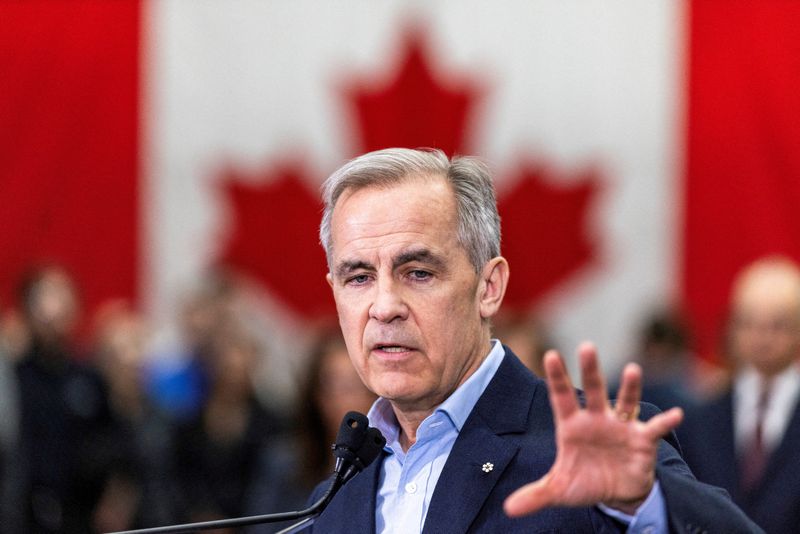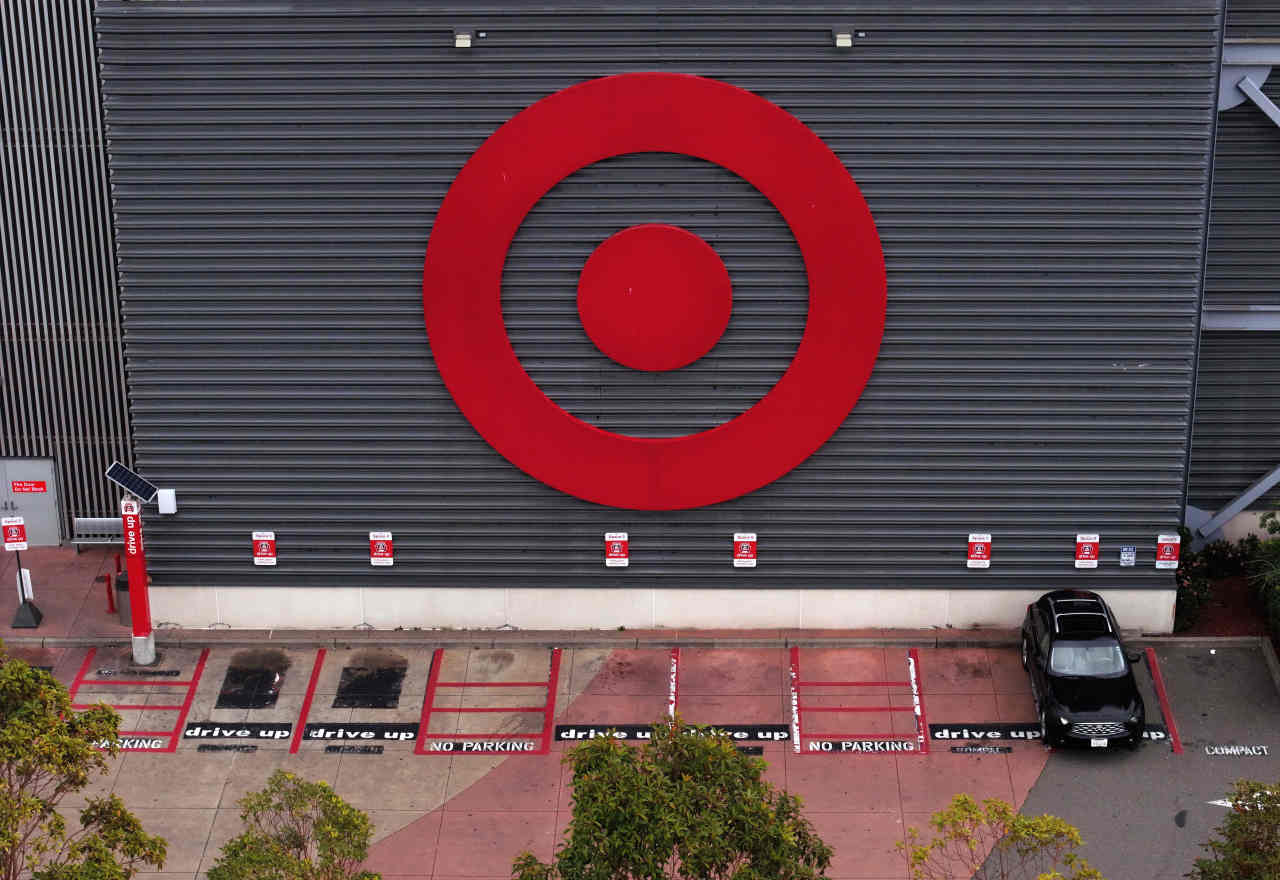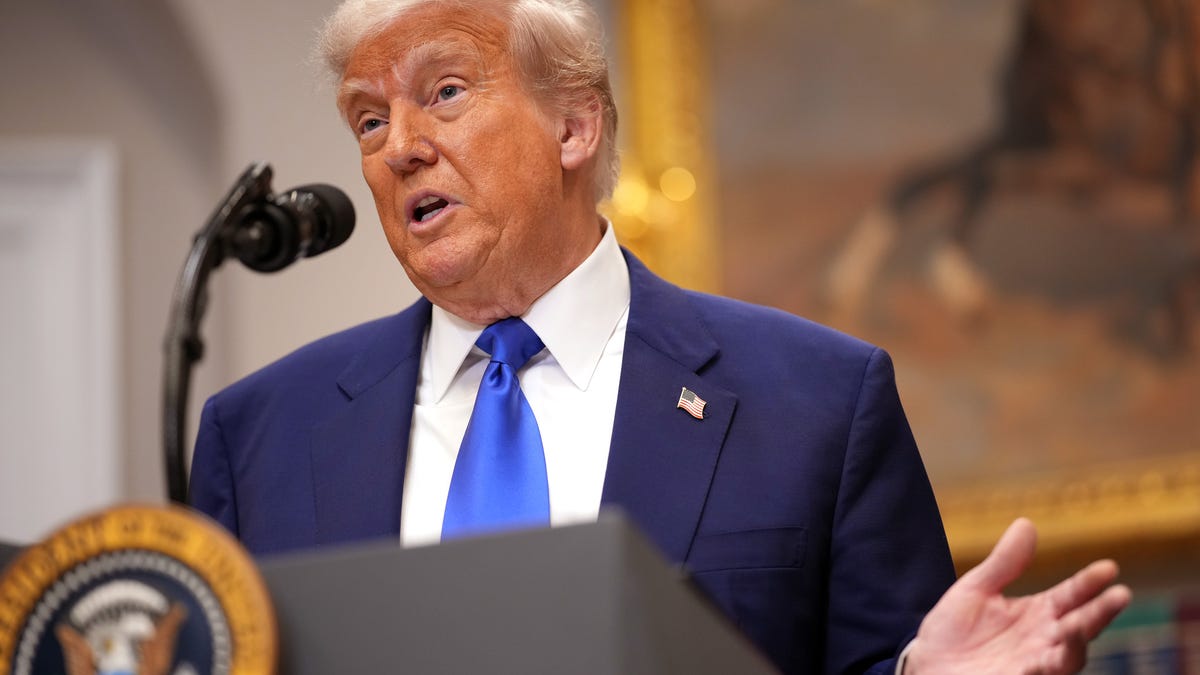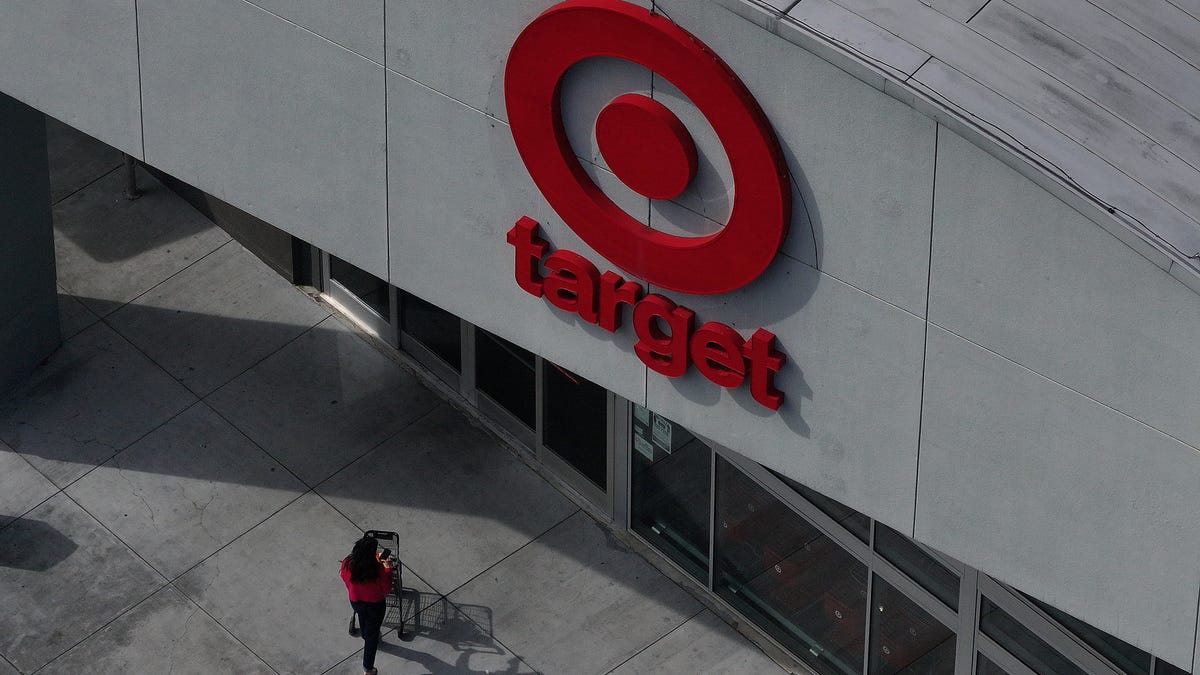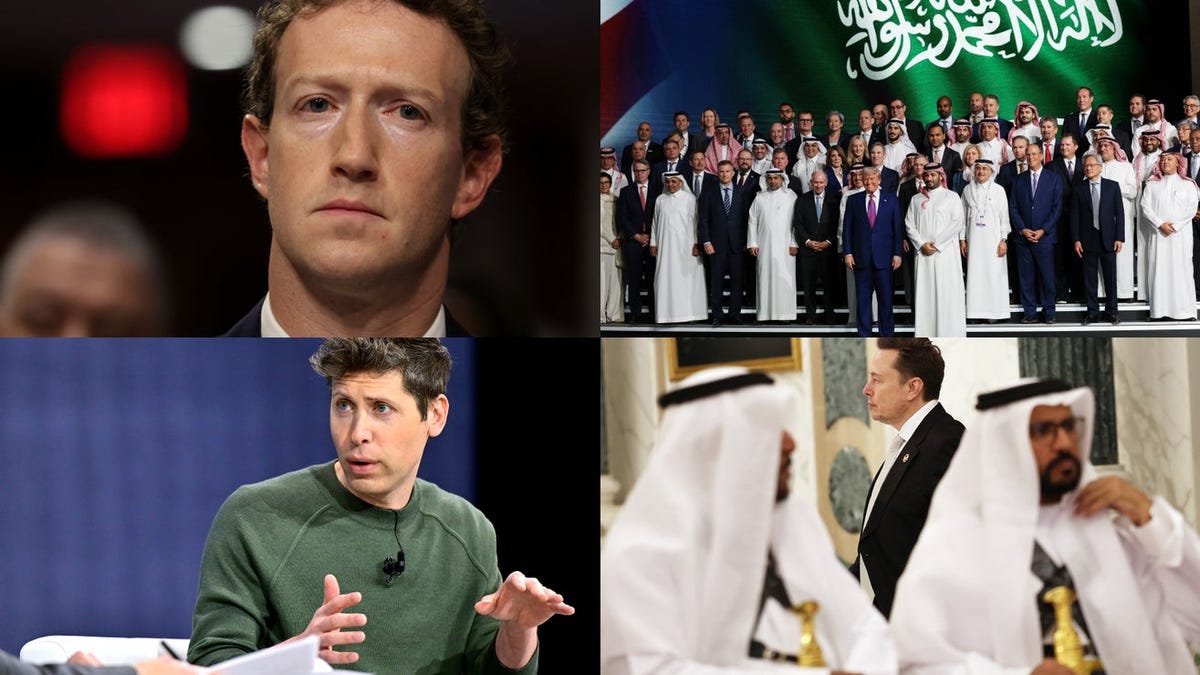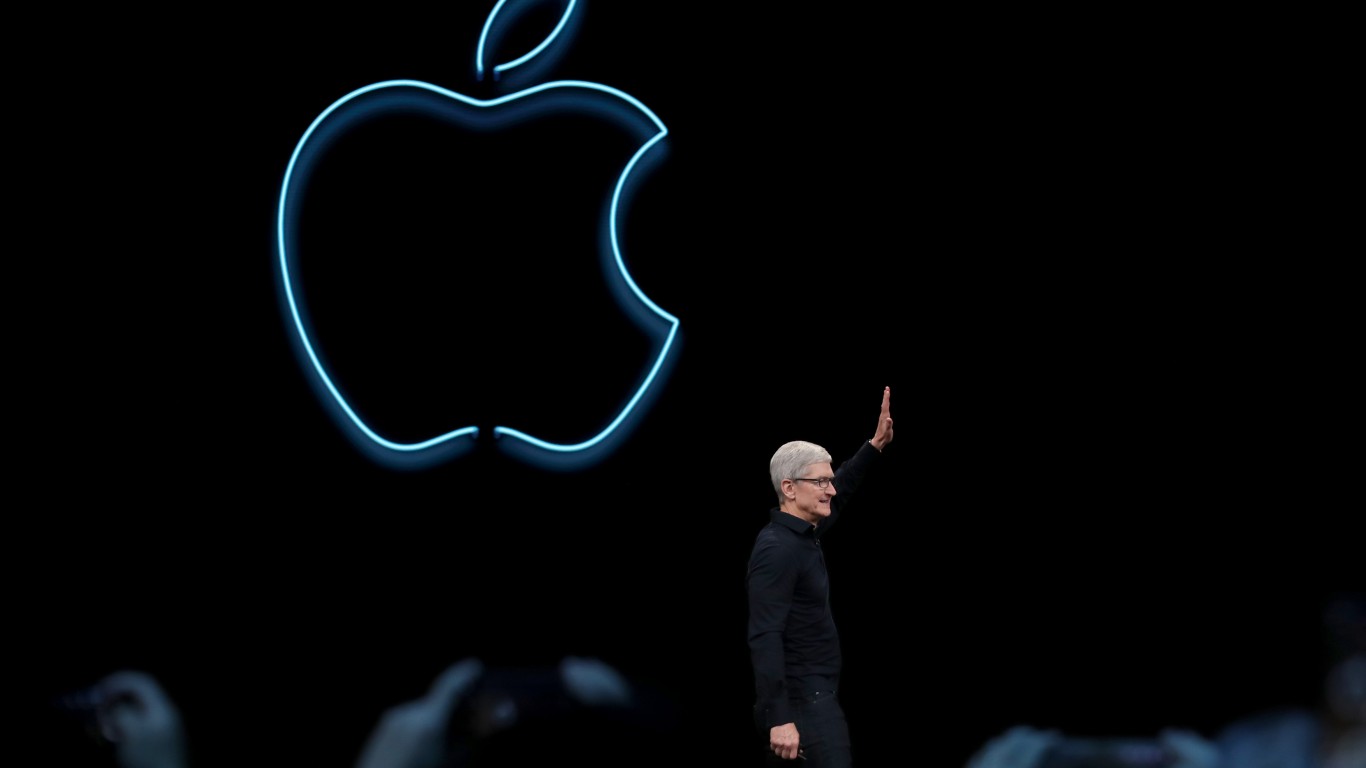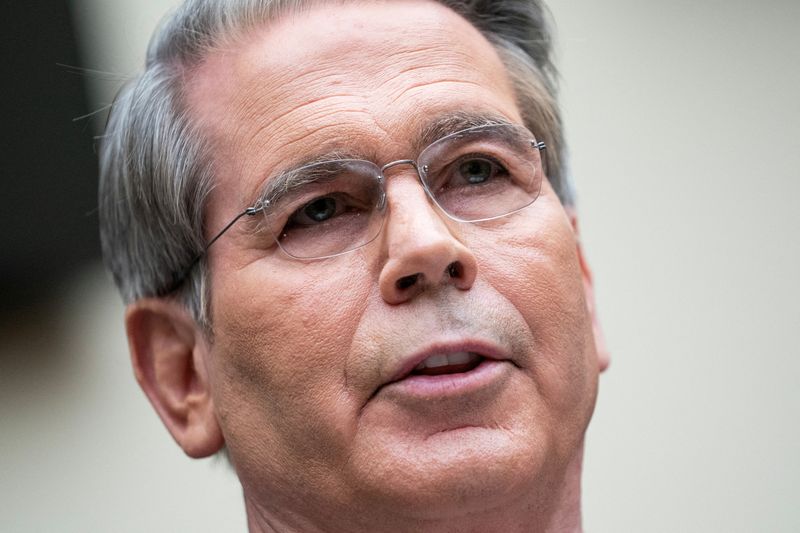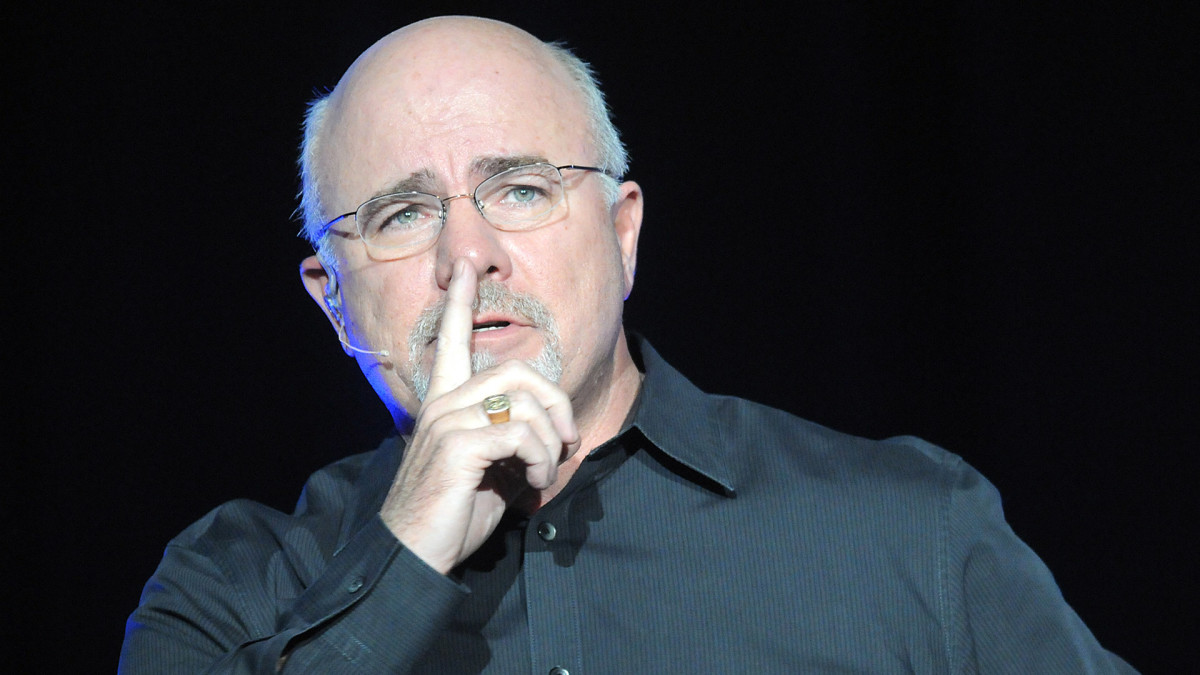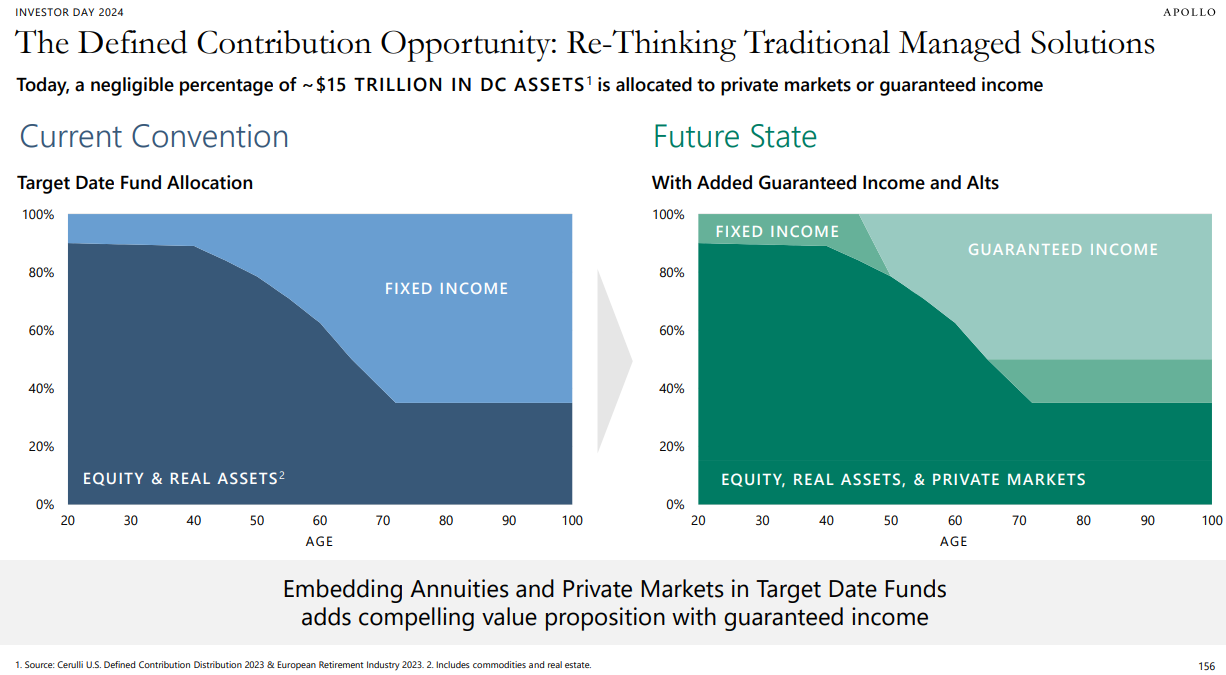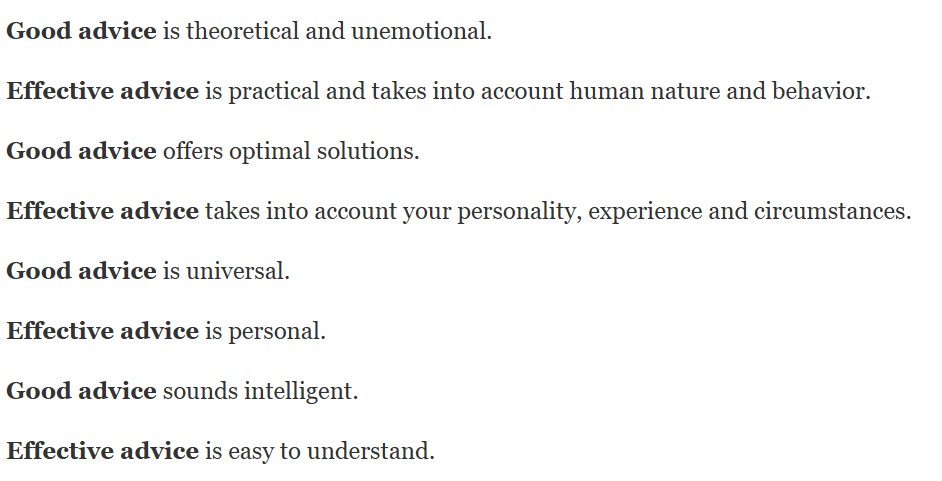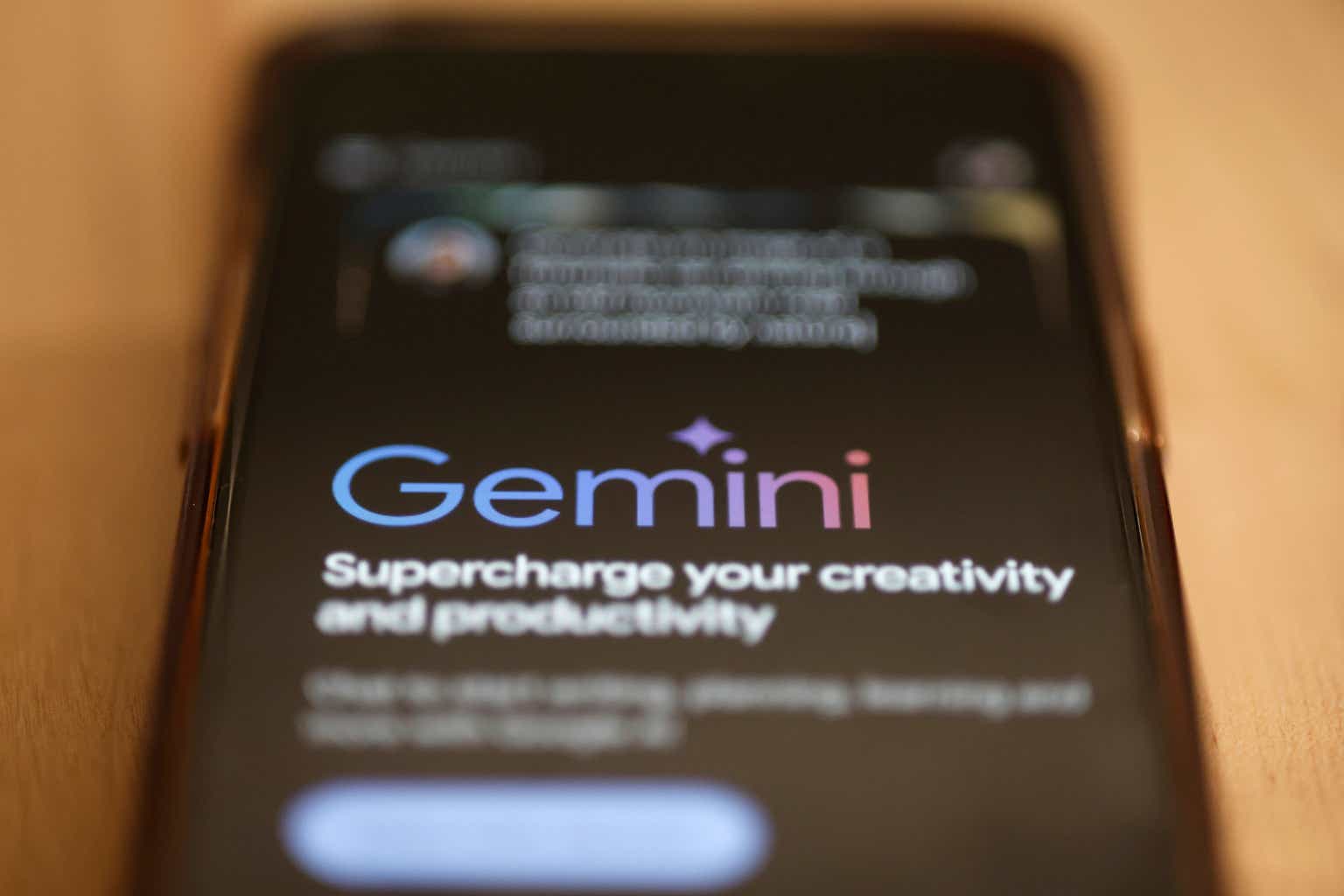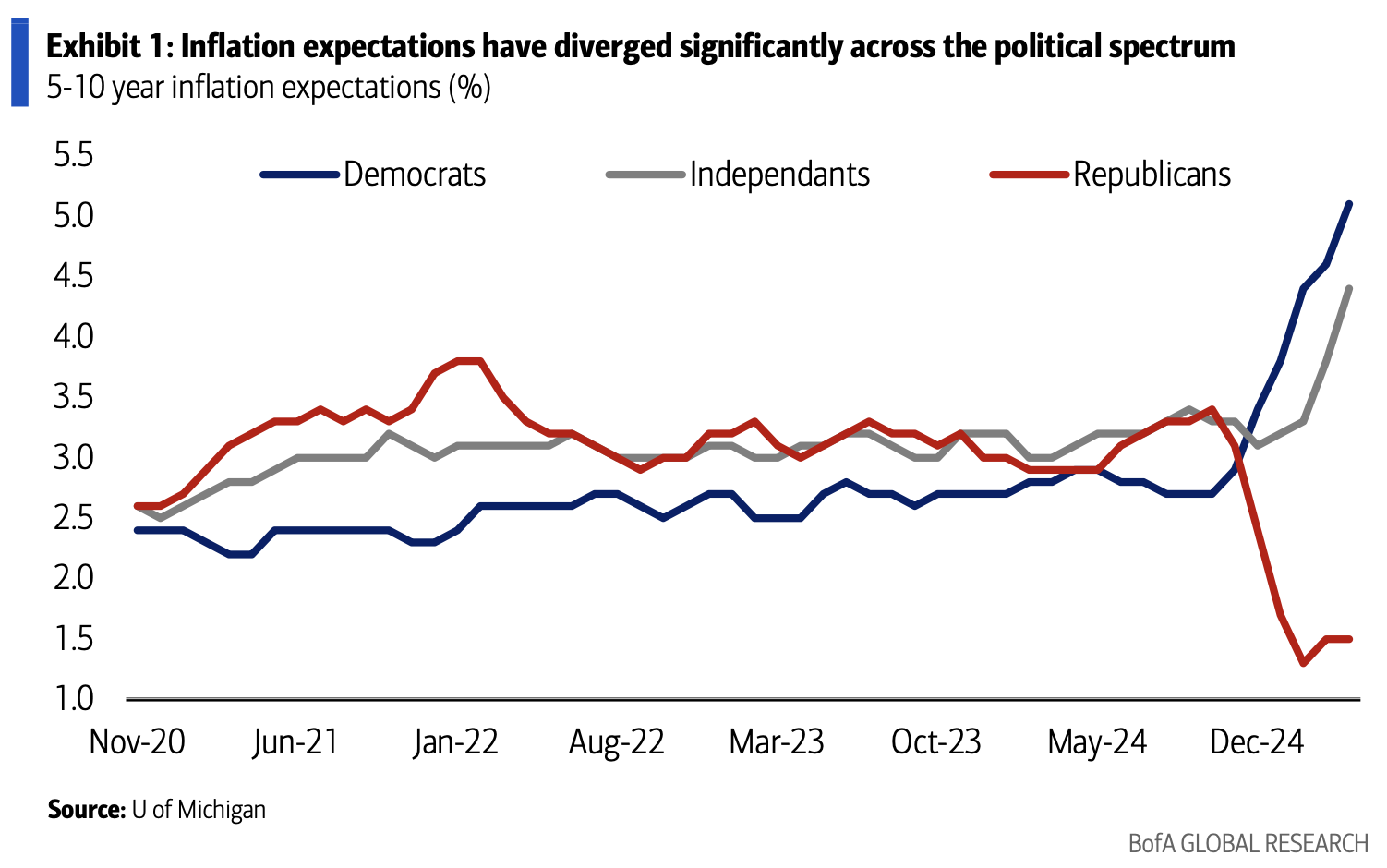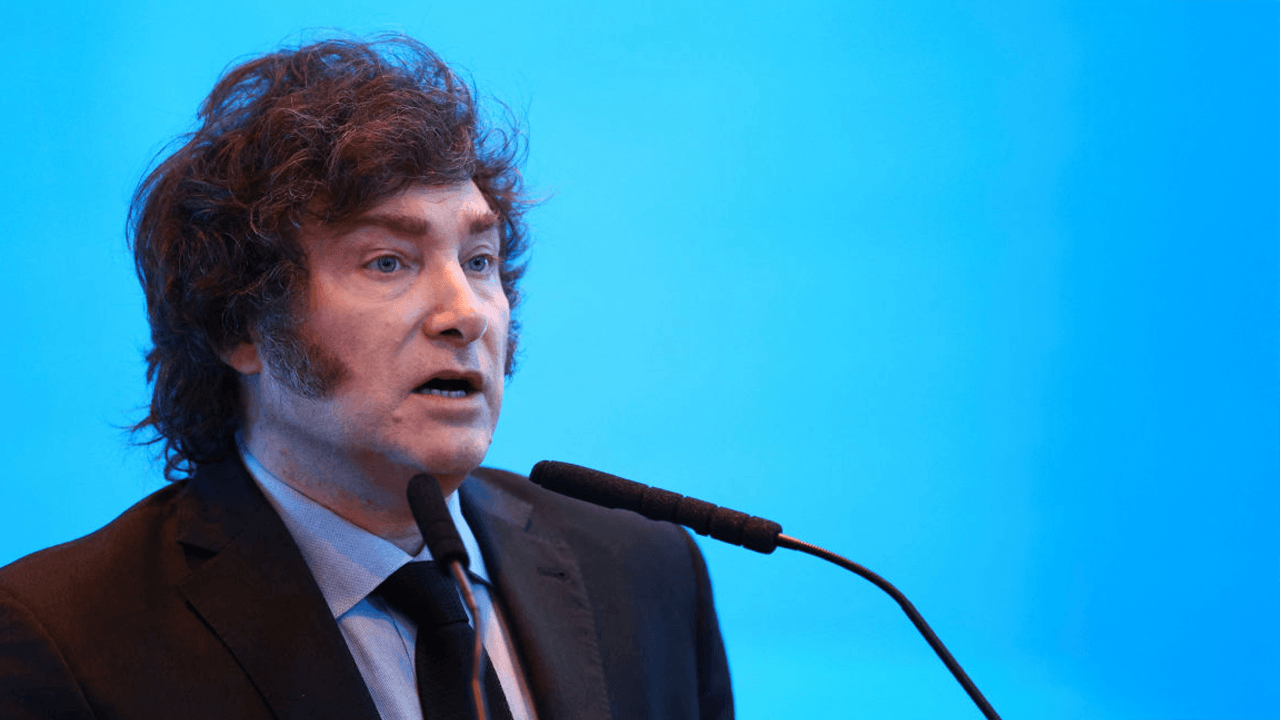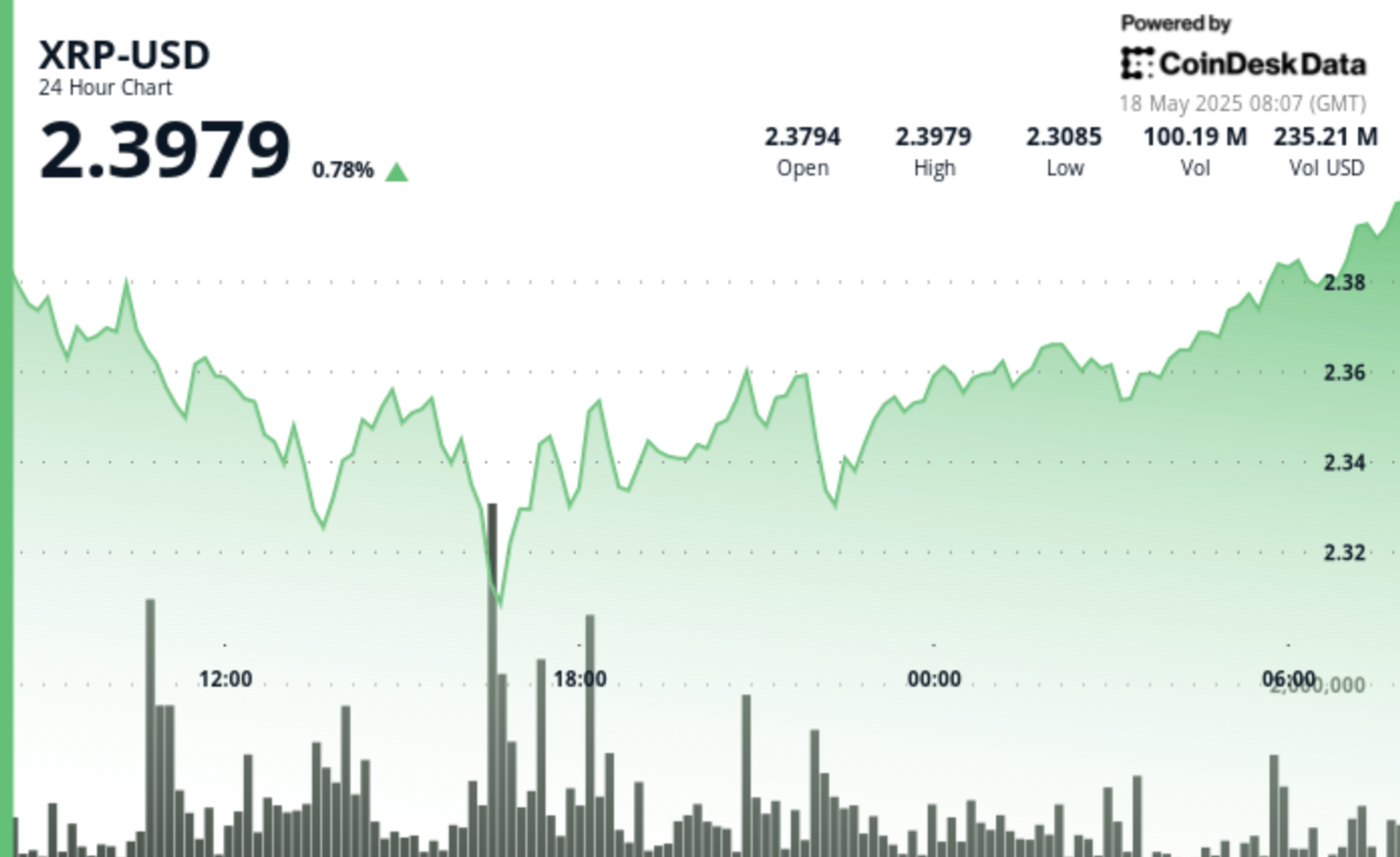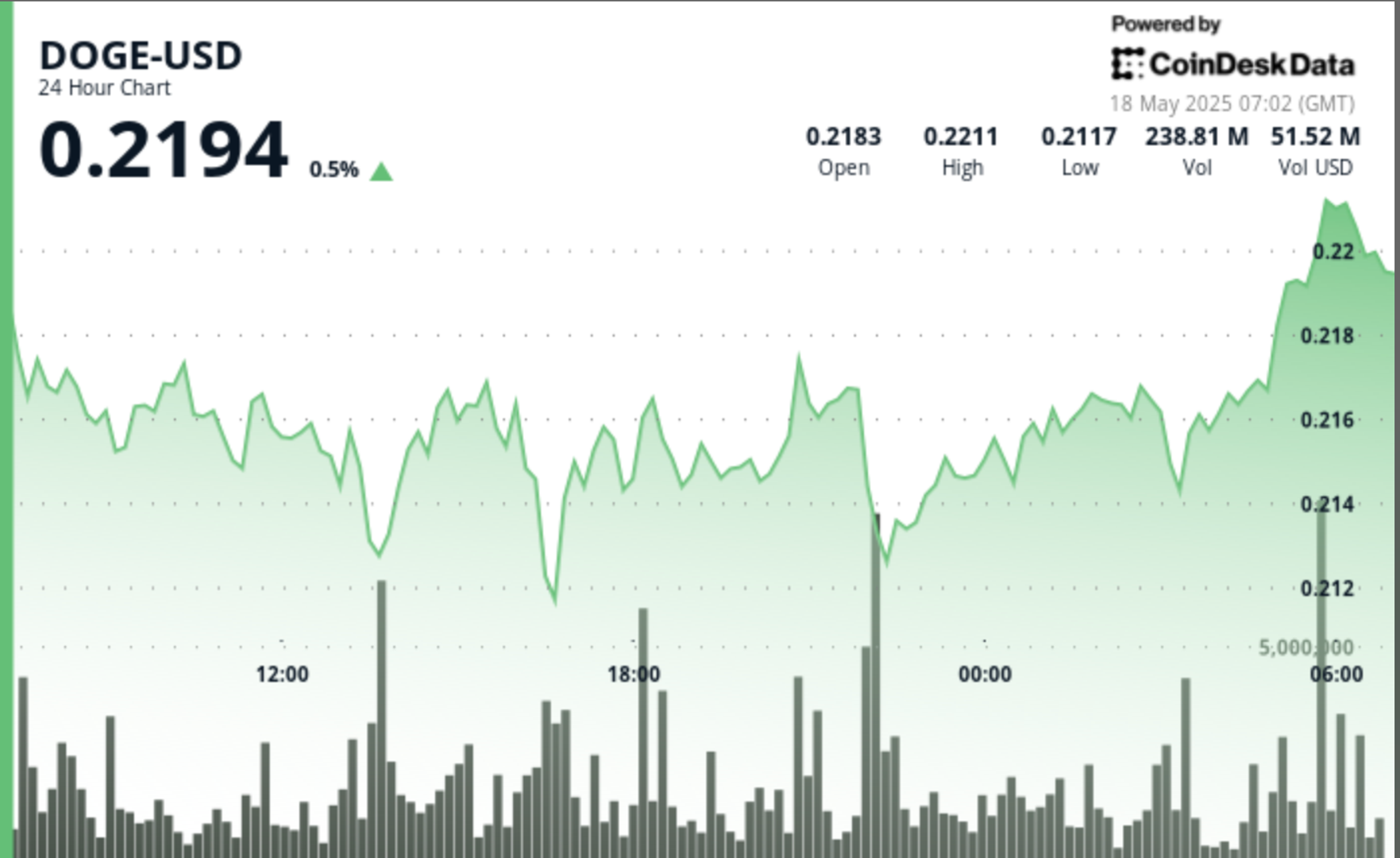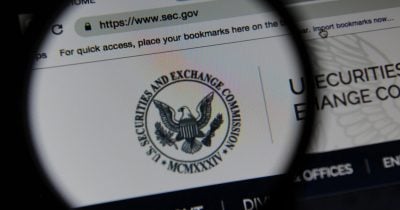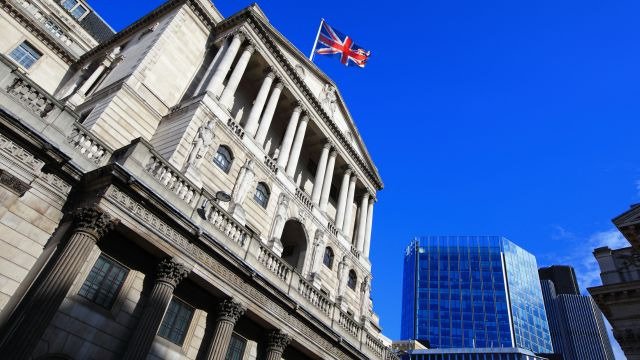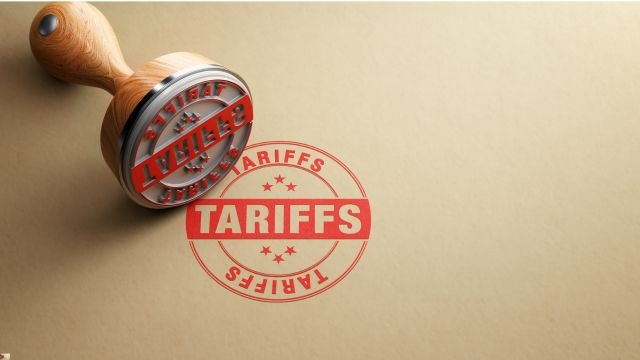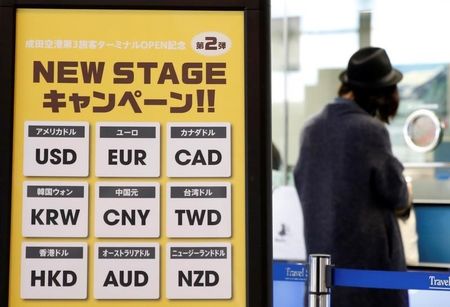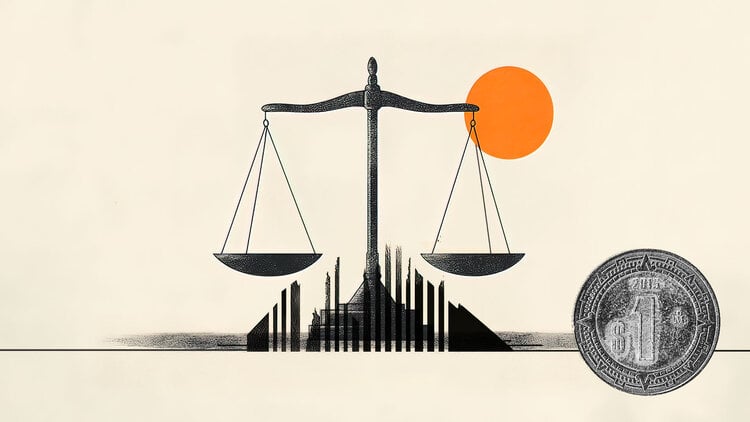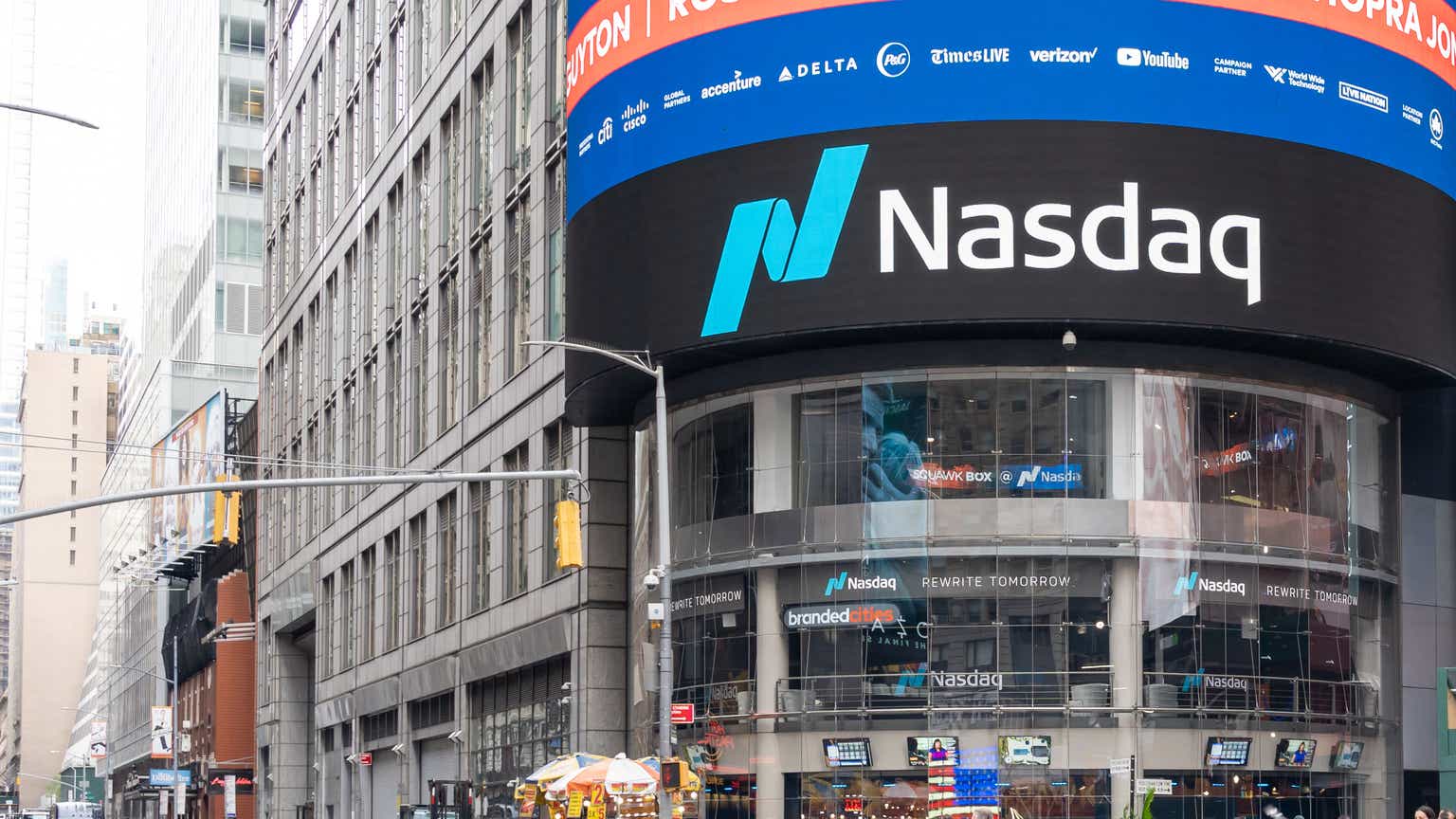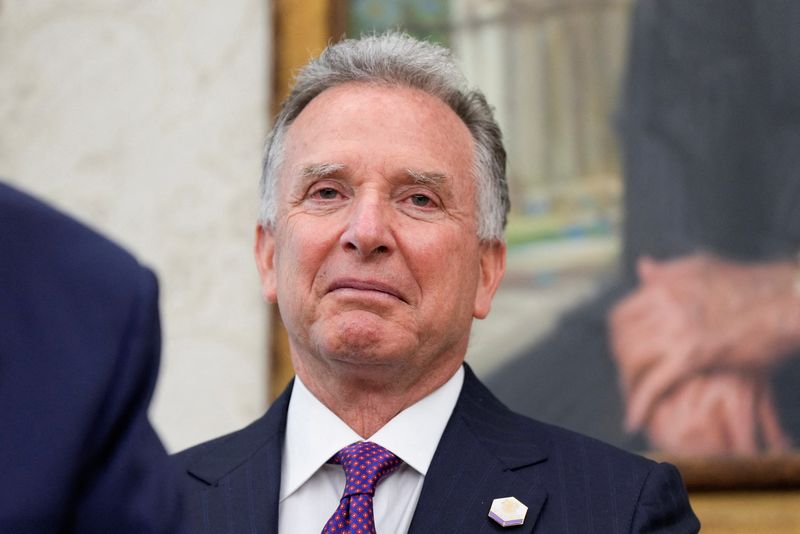$34 billion cable merger still needs regulatory approval
The Federal Communications Commission will be taking a look at the merger announced Friday.
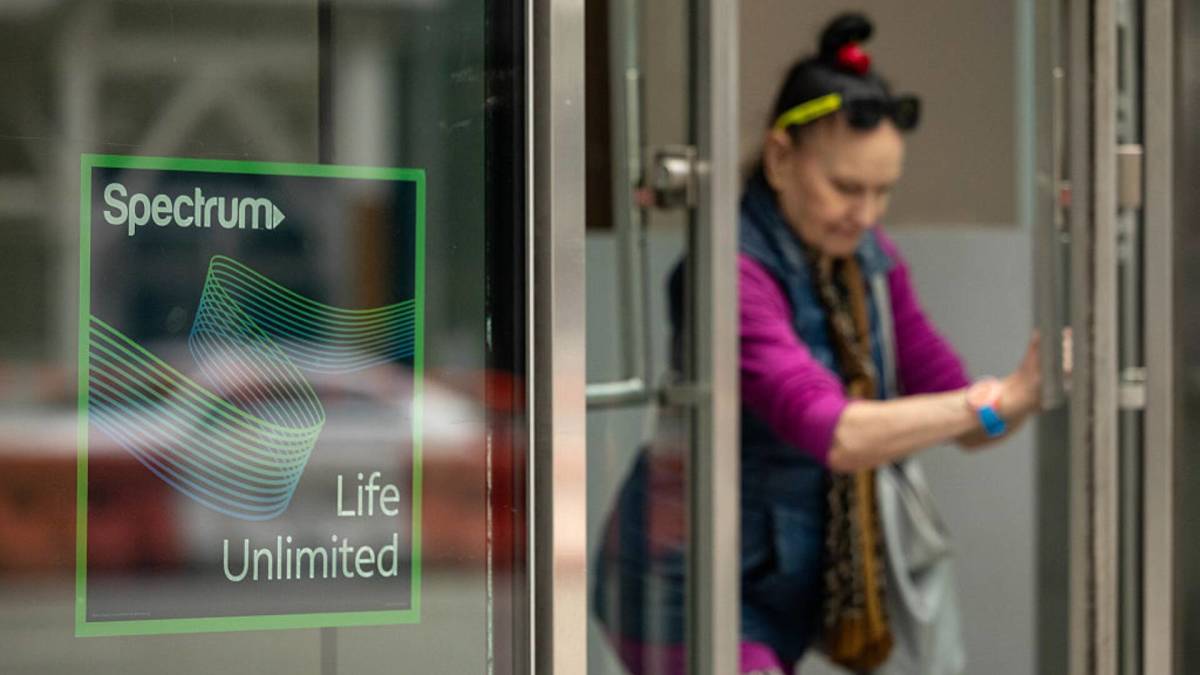
It has been a pretty quiet year for mergers and acquisitions.
Whether it's because of economic uncertainty due to a bubbling trade war, concerns about interest rates, or an unstable stock market, the merger and acquisition market has been dry in 2025.
The largest acquisition so far this year was Alphabet's acquisition of cloud security startup Wiz for $32 billion, according to Intellizence data.
Related: Spectrum struggles to reverse alarming customer behavior
The next biggest was Sycamore Partners taking Walgreens Boots Alliance private for $24 billion.
On Friday, cable and broadband providers Charter Communications and Cox Communications announced a potential $34.5 billion tie-up that could liven up an otherwise dull 2025.
Charter would acquire Cox under the agreement, and within a year of the deal closing, the company will change its name to Cox Communications, with Spectrum becoming the consumer-facing brand in Cox communities.
The combined company will be headquartered in Charter's hometown of Stamford, Connecticut, but will also maintain a presence in Cox's neighborhood of Atlanta.
Charter is publicly traded under the (CHTR) ticker; shares closed Friday's session up 1.8% before falling slightly in after-hours trading. Cox is privately held.
“We’re honored that the Cox family has entrusted us with its impressive legacy and are excited by the opportunity to benefit from the terrific operating history and community leadership of Cox,” said Chris Winfrey, president and CEO of Charter.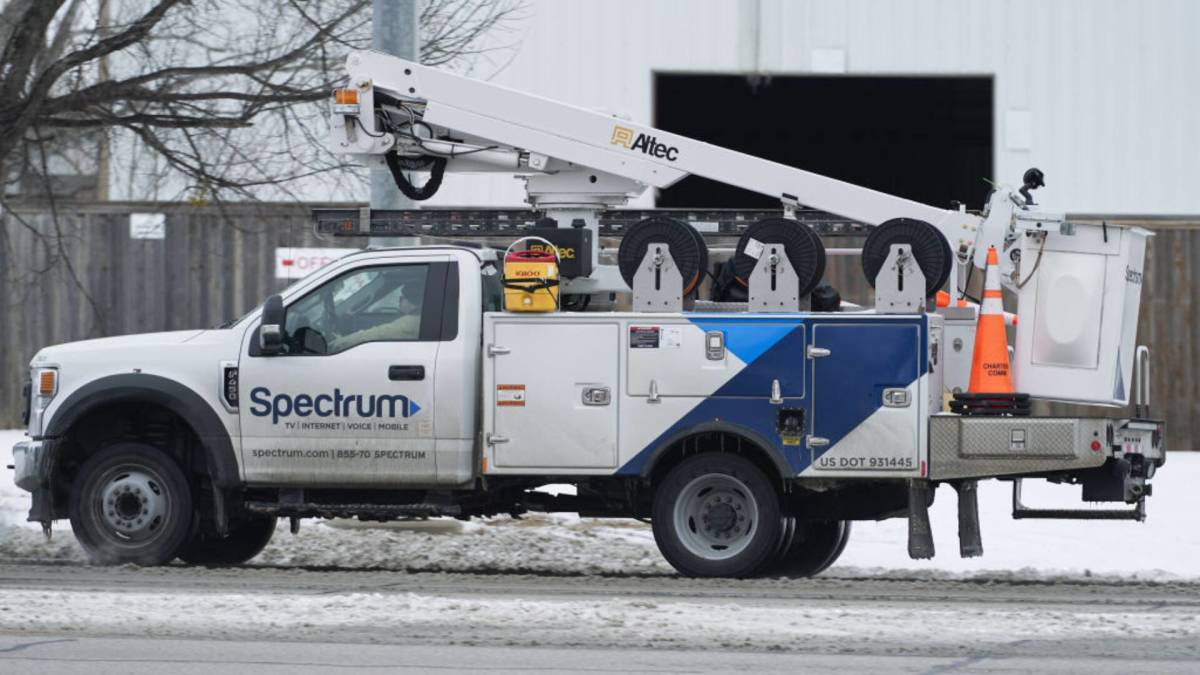
Charter, Cox merger still needs regulatory approval
The next step for the companies is to enter the regulatory process.
The FCC's Office of General Counsel reviews all merger applications. While there is no official timeline for the review, the FCC ensures that most applications are processed within 180 days.
On Friday, the FCC approved Verizon's $2 billion acquisition of fiber internet provider Frontier. But the deal only went through after Verizon made changes to an issue the White House has made a priority to end.
The deal was approved after Verizon “committed to ending DEI-related practices,” according to a statement by FCC Chair Brendan Carr to TheVerge.
Related: Disney, Charter blackout to end after agreeing to new deal
Charter has already started putting itself on the White House's good side, as the deal will need approval from the Federal Communications Commission.
Verizon agreed to stop having any HR roles or teams focused on DEI and to remove any references to the term from employee training materials, among other changes.
President Trump's administration has also prioritized bringing U.S. jobs back from overseas, and the companies emphasized this aspect of the merger.
”We will continue to deliver high-value products that save American families money, and we’ll onshore jobs from overseas to create new, good-paying careers for U.S. employees that come with great benefits, career training and advancement, and retirement and ownership opportunities,” said Winfrey.
Charter has work to do to turn around Spectrum
Spectrum reported losing 60,000 internet customers during the first quarter and an increase in internet service disconnects due to nonpayment.
Last July, Spectrum raised its monthly internet prices by up to $4 per month, a move that prompted a backlash on social media that contributed to the steep drop in customers in the first part of the year.
Related: Veteran fund manager unveils eye-popping S&P 500 forecast








